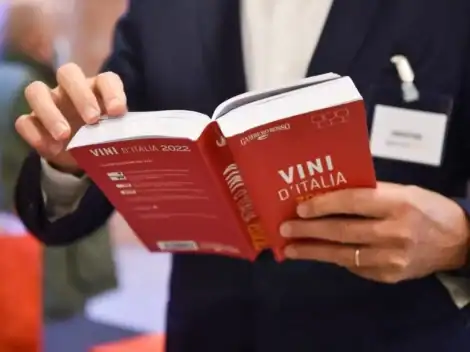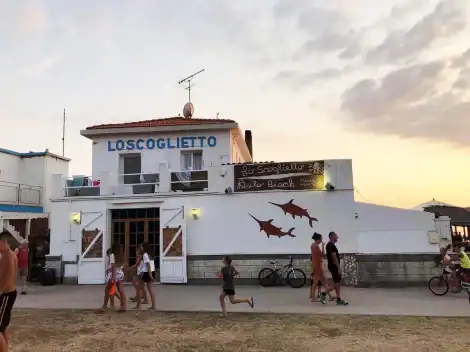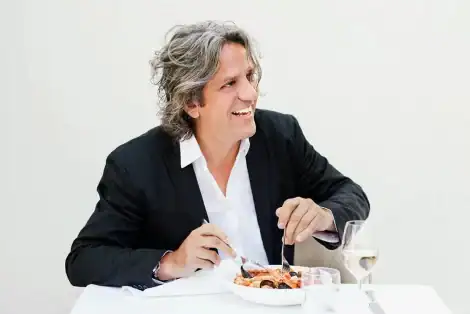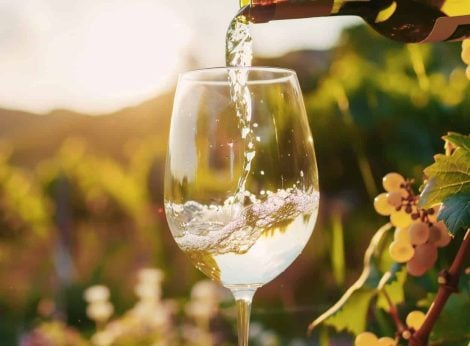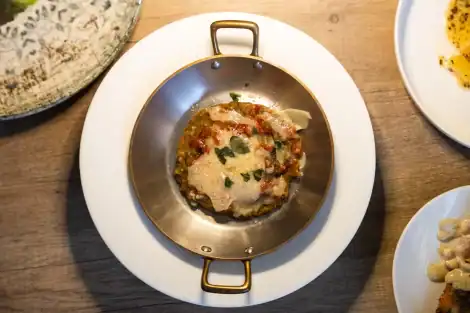Oyasai Crayons, anti-waste crayons from Japan
Rice and vegetables. These are the main ingredients behind Oyasai Crayons, colours born from food waste and currently marketed in Japan, Taiwan, Korea, Singapore, Hong Kong, Dubai and the United States. Japanese graphic designer Naoko Kimura is the creator of this bright idea. She was looking for natural crayons without chemicals to entertain her children safely. So why not create a brand that is not only natural and suitable for children, but also respectful of the environment and made from food surplus that would otherwise be transformed into waste? From this idea is how the eco-colours project was born, first as a do-it-yourself hobby and then as an actual business: a line of vegetable crayons made with rice bran oil, fruit and vegetable scraps, peels, stems, leaves.
The colours of Oyasai Crayons
At the base of it all, solid rice bran wax and rice bran oil, both by-products of the rice polishing process that are not recyclable. But it does not end here: the pigments themselves are given by recycled materials, from the waste of those foods and ingredients rich in natural pigments that generally colour the dishes. Each crayon (which look very similar to the classic wax ones) is therefore made with edible and harmless components, to the delight of all parents forced to check that children don't put crayons in their mouth - as often happens.
Natural colours for safe crayons
The Oyasai Crayons by Mizuiro Inc. are produced in Japan, in a line of 10 colours, made from onion, sweet potato, burdock (a herbaceous plant), corn, carrot, apple, purple potato, black currant, takesumi (bamboo charcoal) plus more. Food waste collected and converted into colours, such as outer cabbage leaves, or apple peels left over from the production of dehydrated chips, "the farmers collect the discarded parts for us which we then transform into coloured crayons," explained the Japanese entrepreneur. The result is an eco-friendly, safe product that supports circular economy, in addition to helping local productions.
by Michela Becchi

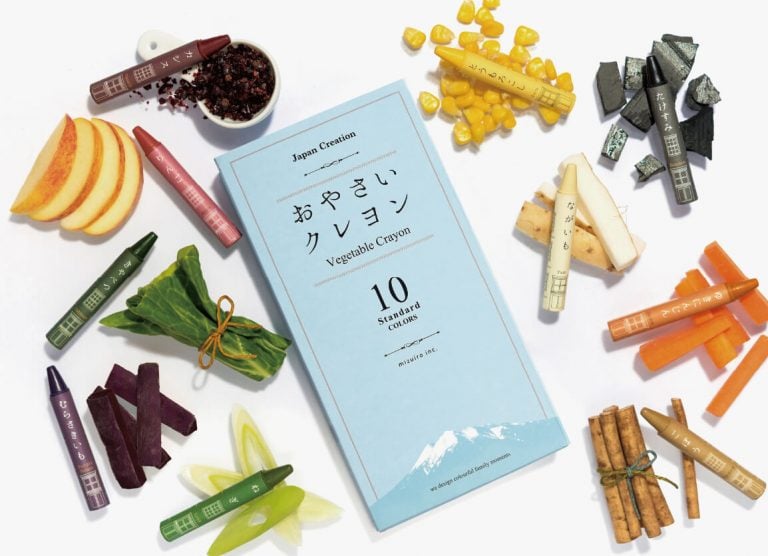
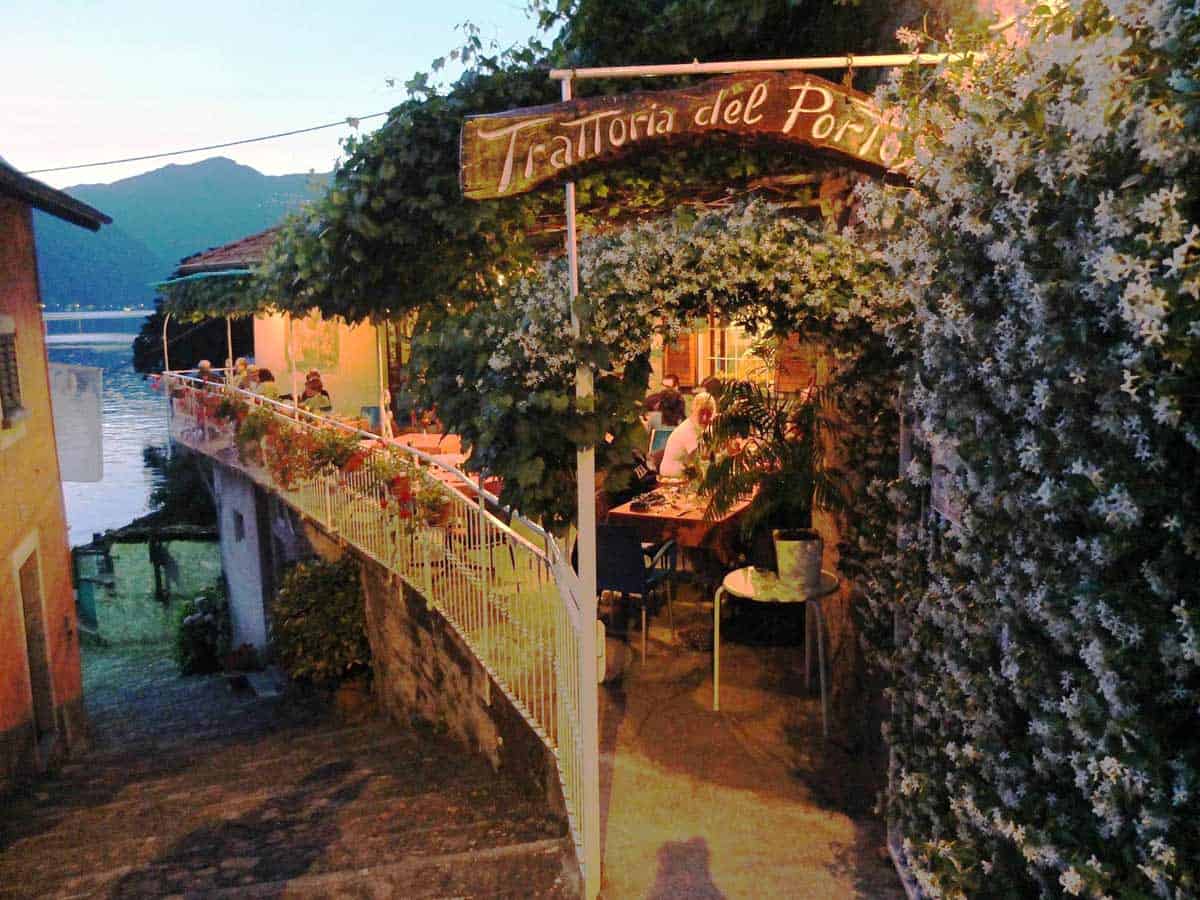 Three days at Lake Como in 17 destinations: Trattorias, Osterias and Fine Dining
Three days at Lake Como in 17 destinations: Trattorias, Osterias and Fine Dining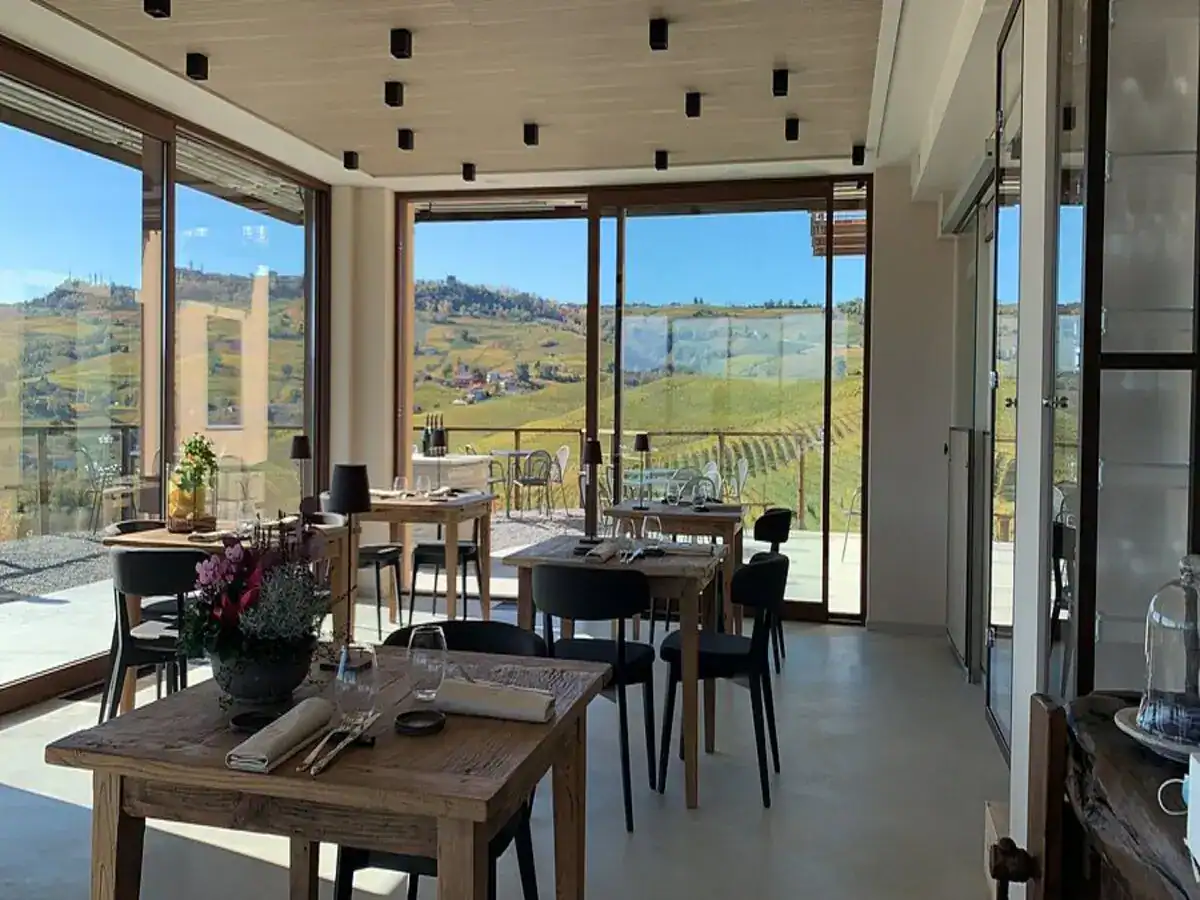 Piedmontese classics and raw seafood. The unexpected restaurant with a pool in the Langhe
Piedmontese classics and raw seafood. The unexpected restaurant with a pool in the Langhe US Tariffs. according to the Government, a 10% rate would not be impactful, but for most wineries the risk is high
US Tariffs. according to the Government, a 10% rate would not be impactful, but for most wineries the risk is high Grilled vegetables and chicken on the side: in Chianti, plant-based cuisine takes centre stage
Grilled vegetables and chicken on the side: in Chianti, plant-based cuisine takes centre stage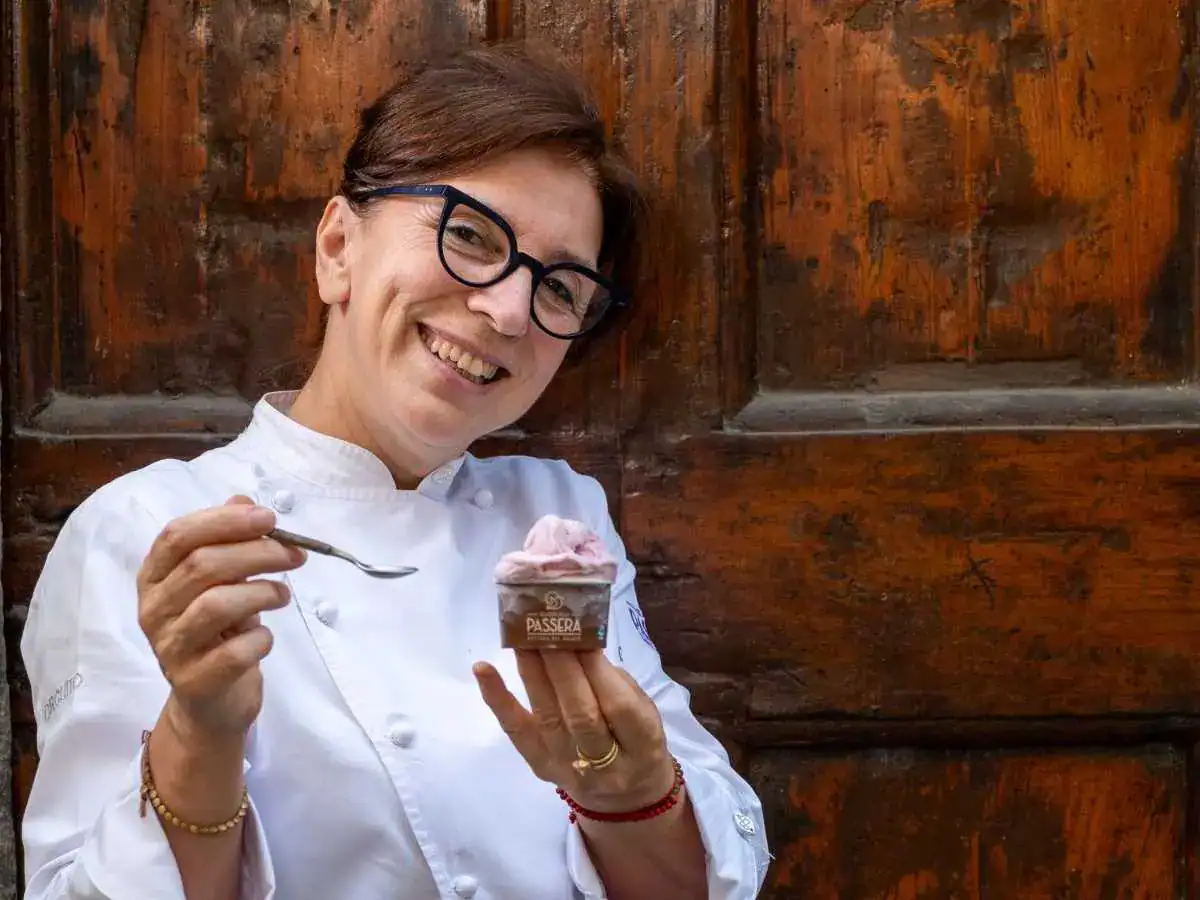 A top gelato maker from Florence launches flavours dedicated to women who made history
A top gelato maker from Florence launches flavours dedicated to women who made history